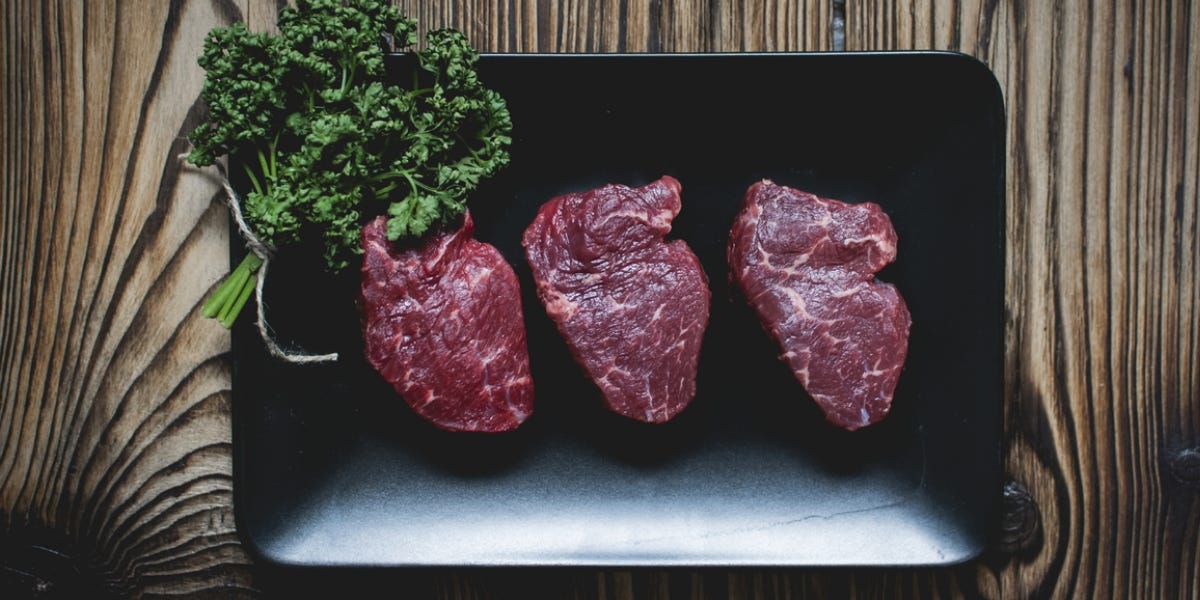We are committed to sharing news, stories, events and opinions that ensures our province stays free, united and independent from the overreach of the Federal government.
All are welcome and respectful debate is encouraged. Please join with the intention of participating. Proceeds are donated.
Here we go again….government being sneaky and trying to slip stuff by us. YOU, government, don’t get to choose for me. Is it any wonder we don’t trust them at all?!
Copied ⬇️
Sometimes the most significant food-policy changes happen not with a bang, but with a bureaucratic whisper.
According to Health Canada’s own consultation documents, Ottawa intends to remove foods derived from cloned cattle and swine from its “novel foods” list — the very process that requires a pre-market safety review and triggers public disclosure. Once this policy takes effect, cloned-animal products could enter the Canadian food supply without announcement, notice, or label.
From a regulatory standpoint, this looks like an efficiency measure. From a consumer-trust standpoint, it’s a miscalculation.
Health Canada’s rationale is familiar: cloned animals and their offspring are, by composition, indistinguishable from conventional ones. Therefore, the logic goes, they should be treated the same. The problem isn’t the science — it’s the silence.
Canadians are not being told that the rules governing a deeply controversial technology are about to change. No press release, no public statement, just a quiet update on a government website most citizens will never read.
Cloning, after all, is not about making food cheaper or more nutritious. It’s a genetic management tool for breeders and biotech firms — a way to reproduce elite animals with prized traits. The clones themselves rarely end up on the dinner plate; their offspring do. The benefits, if any, are indirect: perhaps steadier production, fewer losses from disease, or marginally more uniform quality.
But the consumer sees no gain at checkout. Cloning is costly and yields no visible improvement in taste, nutrition, or price. The average shopper might one day unknowingly buy steak from the offspring of a cloned cow — and pay the same, if not more, for it.
And without labels, any potential efficiencies or cost savings stay hidden upstream. When products born from new technologies are mixed with conventional ones, consumers lose their ability to differentiate, reward innovation, or make an informed choice. In the end, industry keeps the savings, while shoppers see none.
This is precisely how we became trapped in the endless GMO debate. Two decades ago, regulators and companies made the same mistake: they introduced a complex technology into the food system quietly, without giving consumers the chance to understand or befriend it. By denying transparency, they also denied trust. The result was predictable — years of confusion, suspicion, and polarization that persist to this day.
Transparency shouldn’t be optional in a democracy that prides itself on science-based regulation. Even if the food is safe — and current evidence suggests it is — Canadians deserve to know how their food is produced. Silence breeds suspicion.
The irony is that this change could easily have been handled responsibly. A brief notice, an explanatory Q&A, a commitment to review labelling once international consensus emerges — small gestures that would show respect for the public and preserve confidence in our food system.
Instead, we risk repeating an old mistake: mistaking regulatory efficiency for good governance. In a time when consumer trust in food pricing, corporate ethics, and government oversight is already fragile, the last thing Canada needs is another quiet policy that feels like a secret.
Cloning may not change what’s on your plate — but how it gets there should still matter.
— Charlebois is director of the Agri-Food Analytics Lab at Dalhousie University, co-host of The Food Professor Podcast and visiting scholar at McGill University.
https://www.junonews.com/p/op-ed-health-canada-doesnt-want-canadians#poll-398103
Use these discount codes to get 1/2 price subscription.
Monthly FREEALBERTA -$1
Annual GWDISCOUNT- $12
I've been listening to their weekend podcasts for a few weeks now. I like it.
I personally do not want an election. I don't think Pierre will get a majority, and with a minority, I don't think the opposition will play fair. Nothing would get accomplished. Carney is best running our country in a minority government for a little while longer. Let Carney keep messing up so the public wakes up and sees the truth. In a minority government the opposition can still protect us Canadians from bill 2 7, and 8 and every other controlling bill Carney will put in place if he gets a majority government. More than Trump negotiations are at stake here.















